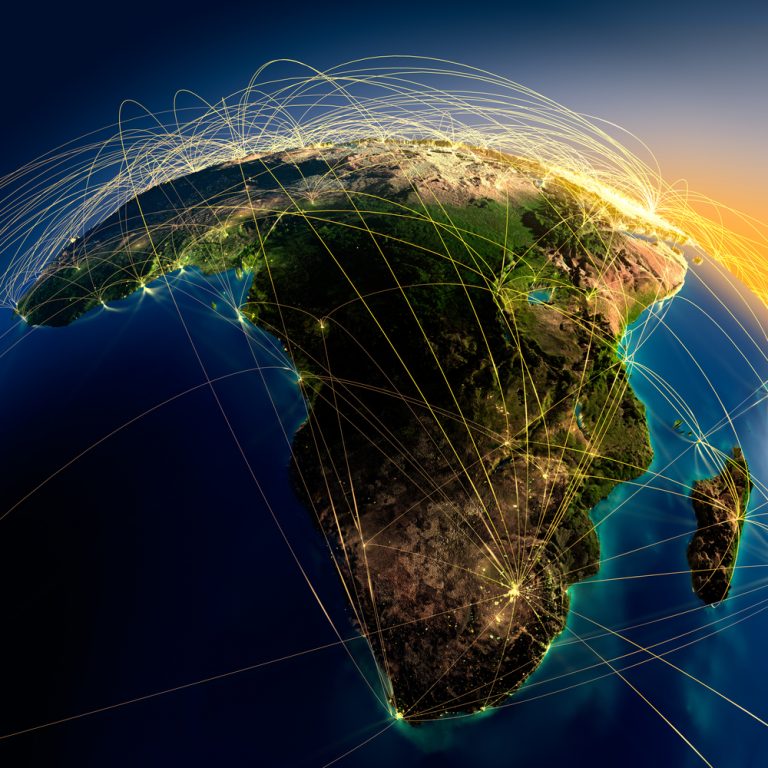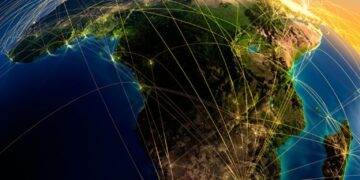
Airtel Africa and Vodacom Group, two leading telecommunications companies in Africa, have announced a partnership to share infrastructure to enhance digital connectivity across several markets, specifically in the Democratic Republic of Congo, Mozambique, and Tanzania.
This collaboration, which is awaiting regulatory approval, is expected to significantly promote digital inclusion in these regions. Airtel operates in 14 African countries, serving around 635 million people, while Vodacom Group has a presence in seven countries and recently expanded its reach with the acquisition of Vodacom Egypt.
Under the agreement, both companies will share fibre networks and tower infrastructure. This initiative is designed to streamline digital service delivery, increase internet speeds, and improve users’ access to digital services.
Moreover, the partnership is set to lower operational costs associated with infrastructure, allowing telecom services to reach more individuals, particularly in underserved areas.
Shameel Joosub, CEO of Vodacom Group, expressed that this partnership is a strategic effort to enhance connectivity, enabling individuals to access essential services conveniently. “Our collaboration with Airtel Africa is a progressive step towards creating a sustainable, inclusive, digital future for the continent. By sharing infrastructure, we can offer more affordable services to a larger audience quickly, ensuring that no one is left behind in the digital era,” Joosub stated.
“As we aim to connect 260 million customers by 2030, scalable and cost-effective network solutions are vital. This partnership will help us bridge the digital divide, empowering more communities through digitalisation throughout Africa, aligning with our mission to facilitate a better future,” he added.
Sunil Taldar, CEO of Airtel Africa, highlighted that this partnership aligns with their commitment to providing reliable customer connectivity. He emphasised, “This collaboration will enhance access to digital and financial opportunities that can transform lives while adhering to regulatory standards.”
Taldar noted that this partnership is crucial for building a more robust network and supporting data-driven services. “It presents further opportunities for both operators to improve network performance, broaden coverage, and enhance mobile, fixed, and financial services across the continent,” he said, underscoring the need to deploy 4G and 5G networks for high-speed and reliable internet.
Experts believe expanding digital connectivity is essential for driving Africa’s digital economy, as digital services rely heavily on connectivity. Addressing connectivity challenges has become urgent. For instance, through the Malawi Digital Foundations Project, Malawi has improved its digital connectivity significantly over the past eight years, while Rwandan schools benefit from an ongoing digital acceleration initiative.
Additionally, in June, Wingu Africa announced a US$60 million investment to enhance connectivity infrastructure in Djibouti, Ethiopia, and Tanzania, further highlighting the commitment to improving digital access across East Africa.


















